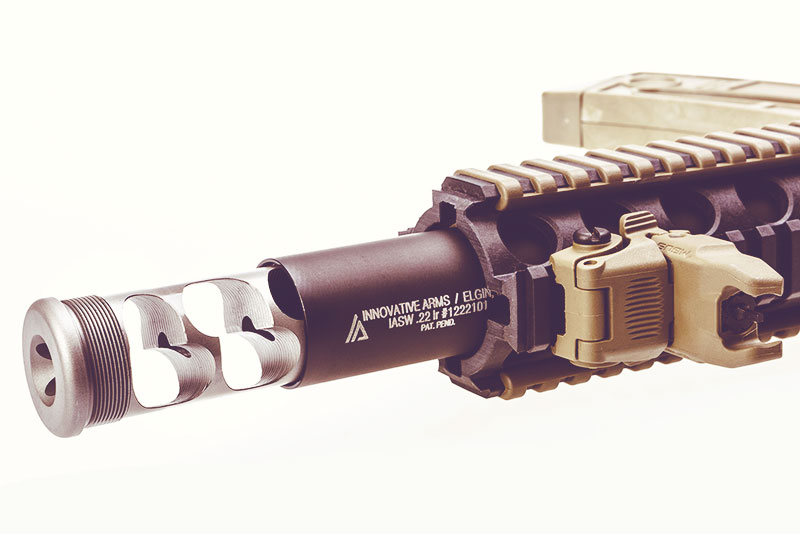Could an integrally suppressed firearm be legal without a tax stamp?
There are a few different types of firearms suppressors, and the legality of each one can vary depending on your location. In general, however, most types of firearms suppressors are legal to own in the United States, with a few exceptions.
For example, automatic weapons with integrated suppressors are generally prohibited by federal law. However, many other types of firearms suppressors – such as those that attach to the barrel of a gun – are legal to own in most states. It’s always important to check local and state laws before purchasing or using any type of firearm suppressor, as there may be restrictions in place that you aren’t aware of.
Suppressors are legal in 42 states. They are classified as firearms and regulated by the National Firearms Act of 1934. To purchase a suppressor, you must go through a federal firearms licensee (FFL), submit an application, pay a $200 transfer tax, pass an FBI background check, and be at least 21 years old.
It depends on the state. In some states, guns with integrated suppressors are legal, while in other states they are illegal.
Generally speaking, however, guns with integrated suppressors are considered to be more dangerous because they are more difficult to detect. This is because the sound of a gunshot can often give away the shooter’s position, while the sound of a suppressed gunshot is much harder to hear. This makes it easier for criminals to use guns with integrated suppressors without being detected.

